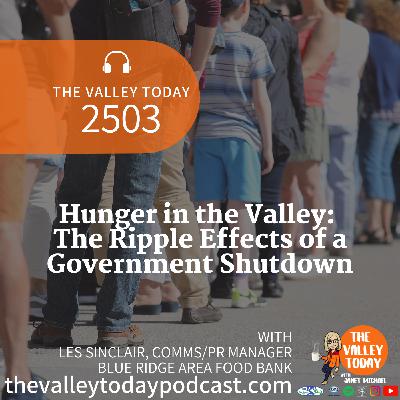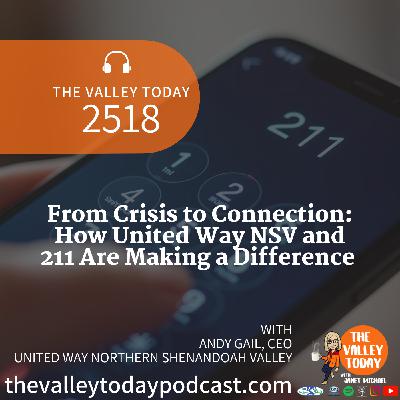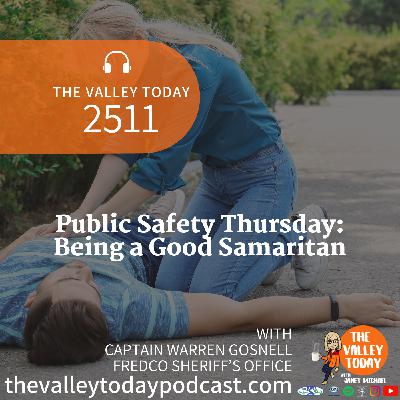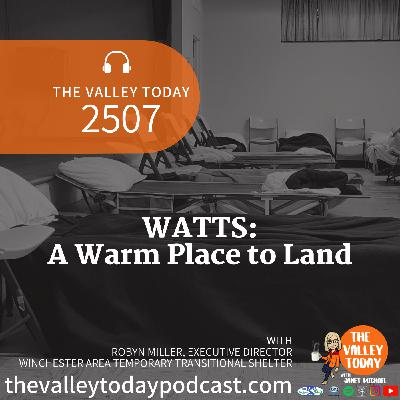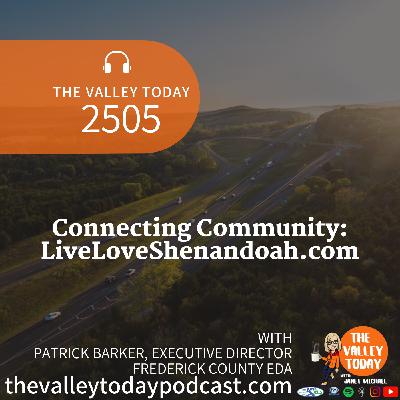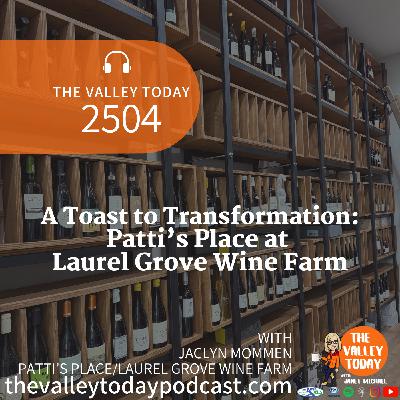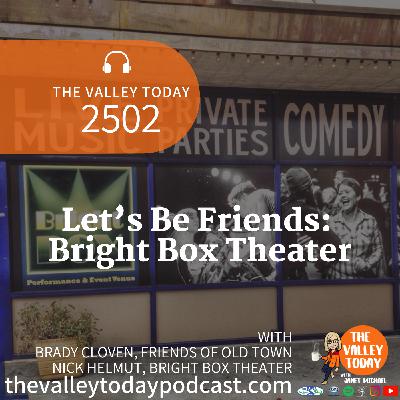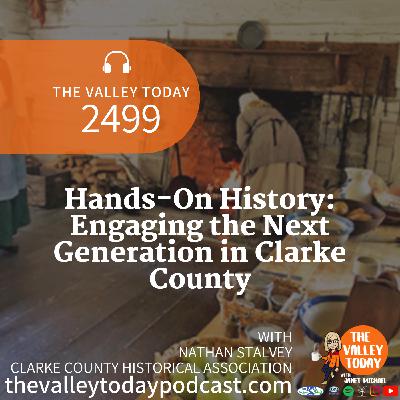Hunger in the Valley: The Ripple Effects of a Government Shutdown
Description
When the federal government grinds to a halt, the effects extend far beyond the paychecks of federal employees. In this episode of "The Valley Today," host Janet Michael talks with Les Sinclair, Communications and PR Manager for the Blue Ridge Area Food Bank, to unpack the cascading consequences of a government shutdown on local families, businesses, and the broader community.
More Than Just Federal Workers
Les quickly dispelles the myth that only federal workers feel the pinch during a shutdown. In Virginia alone, over 249,000 military personnel and 30,000 federal employees face immediate financial uncertainty. However, as Les explains, the ripple effect is much broader. When these workers stop spending, local restaurants see fewer customers, wait staff lose tips, and small businesses experience a drop in sales. This economic slowdown forces more families—many for the first time—to seek help from food banks and pantries.
Rising Costs, Shrinking Paychecks
Transitioning to the topic of inflation, Janet and Les highlight the mounting challenges families face as the cost of essentials like food, housing, and childcare continues to climb. Les notes that in just three years, food prices have risen by 18%, housing by over 20%, and daycare costs in some areas now outpace college tuition. For many, paychecks have not kept up, and a missed paycheck due to a shutdown can quickly spiral into a crisis.
Food Banks: A Lifeline in Uncertain Times
Amid these challenges, the Blue Ridge Area Food Bank and its network of 400 partner pantries serve as a critical safety net. Les describes how the food bank sources food from large corporations, local stores, and the USDA, ensuring that no one who seeks help is turned away. The organization's "Food Finder" tool makes it easy for anyone in need to locate nearby pantries, and emergency food boxes are always available.
Breaking the Stigma
Despite the growing need, many people hesitate to seek help due to stigma or misconceptions about food pantries. Janet and Les address these concerns head-on, emphasizing that pantries offer high-quality, nutritious food—including fresh produce and name-brand items—without judgment. They also explain that while some data collection is necessary for government-supplied food, the process is designed to be as respectful and unobtrusive as possible.
Community Support: More Than Just Donations
As the conversation draws to a close, both Janet and Les encourage listeners to support their local food banks and pantries—not just with food or money, but also with their time. Volunteers are always in need, whether for administrative work, driving, or simply lending a hand during busy periods. Les reminds the audience that every dollar donated to Blue Ridge Area Food Bank can provide more than three meals, making financial contributions especially impactful.
Looking Ahead
Ultimately, this conversation shines a light on the invisible challenges many families face during a government shutdown and underscores the vital role of community organizations in bridging the gap. As the holidays approach and the need increases, Janet and Les urge everyone to get involved, break down barriers, and ensure that no one in the Valley goes hungry.

